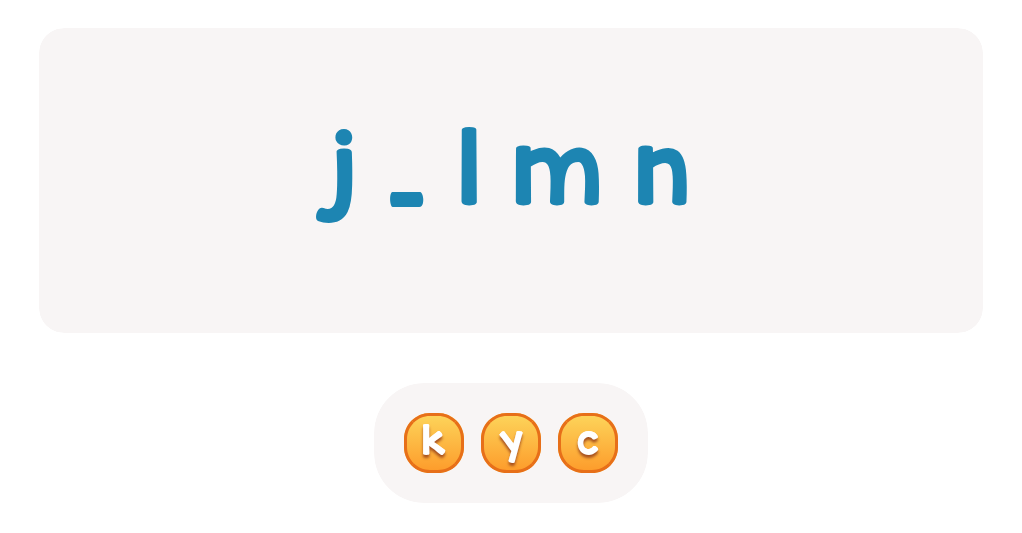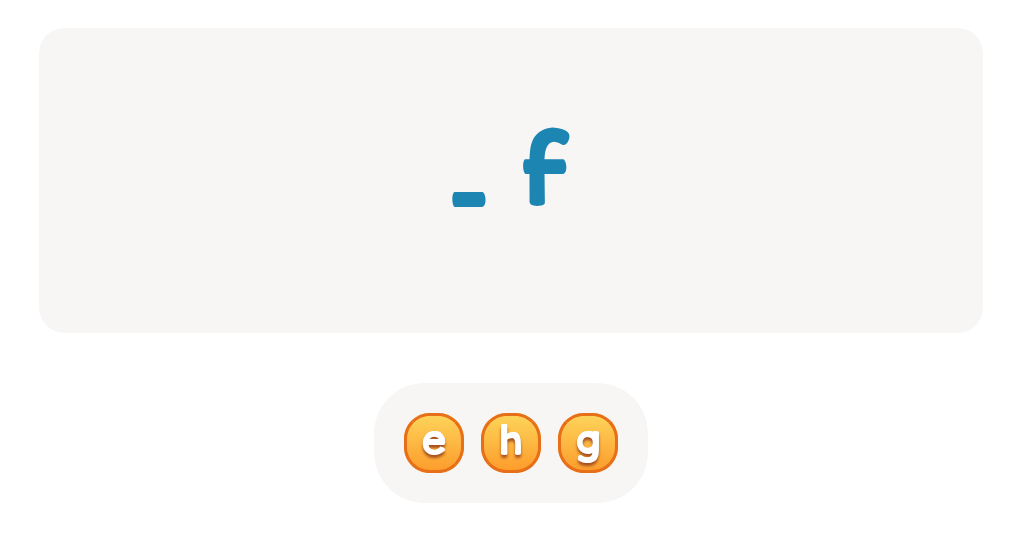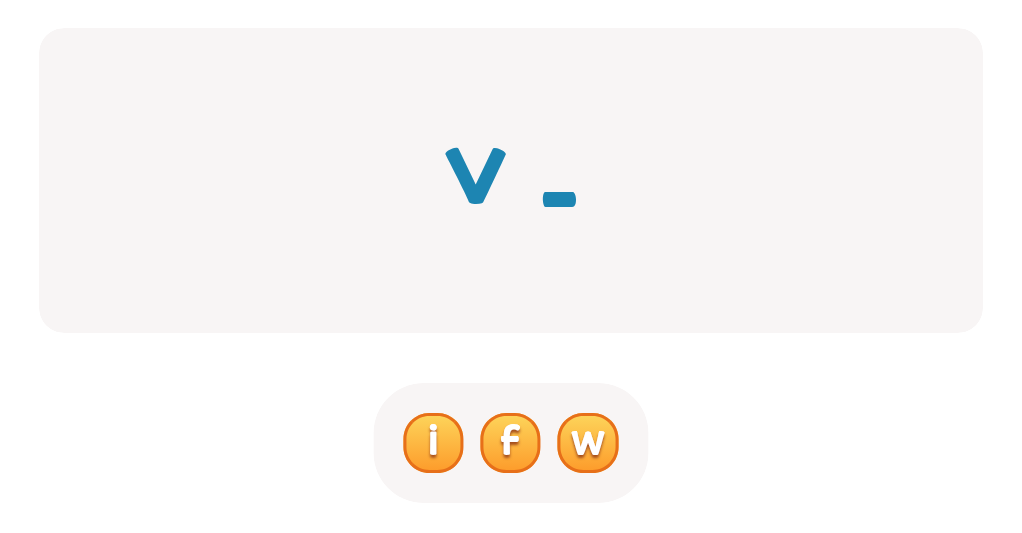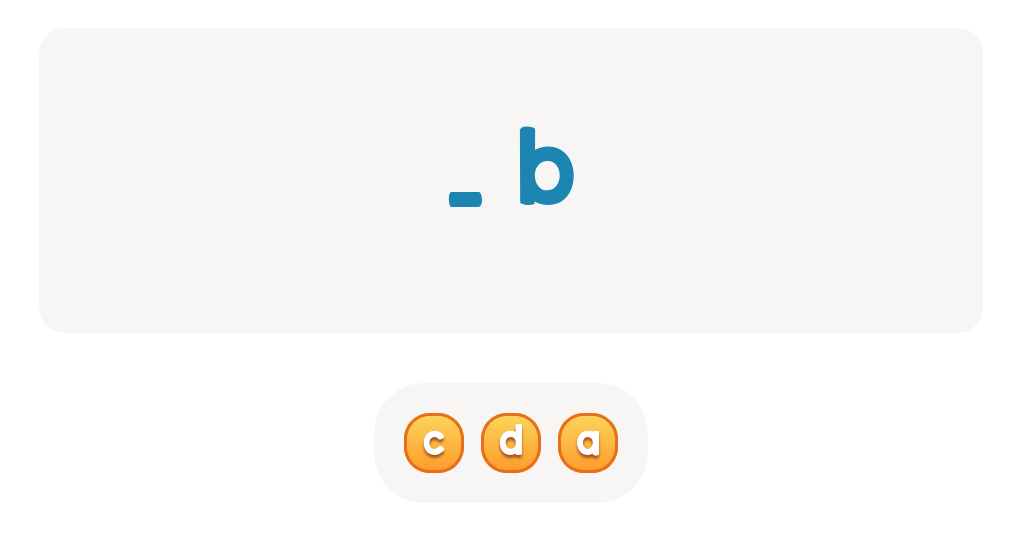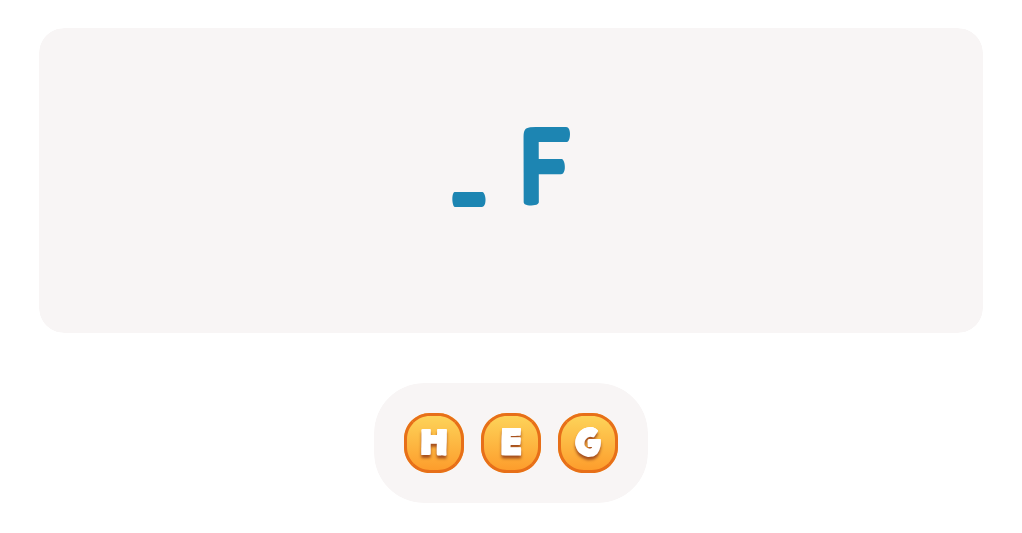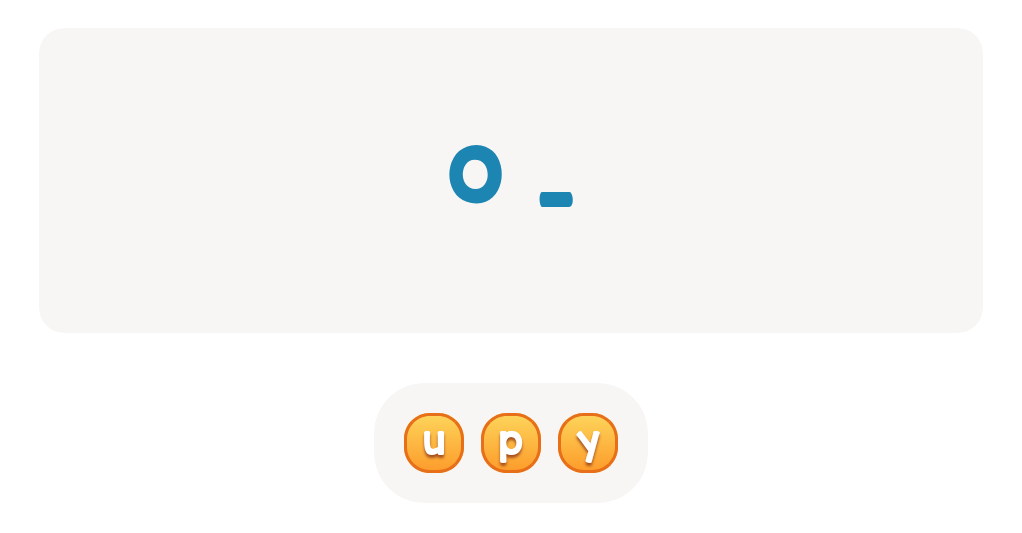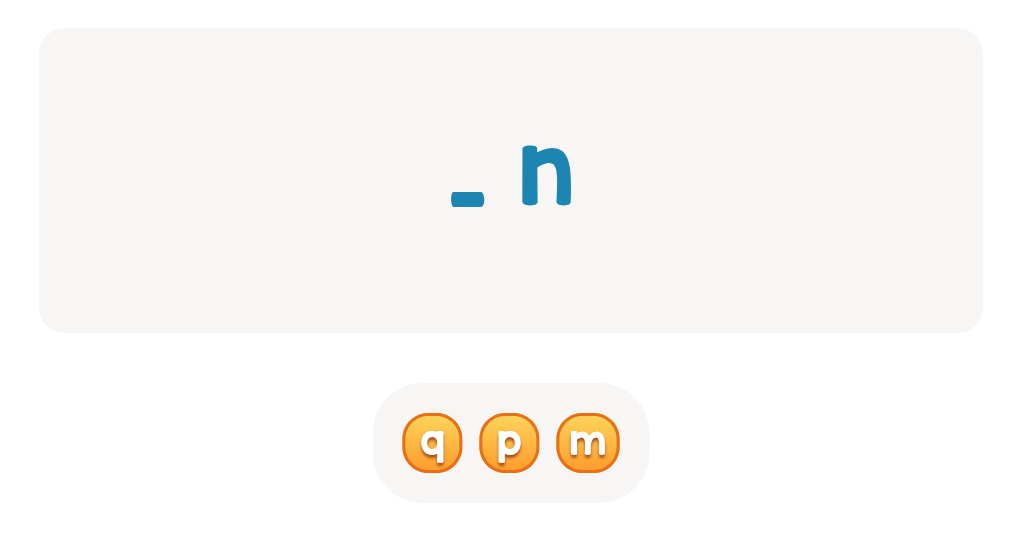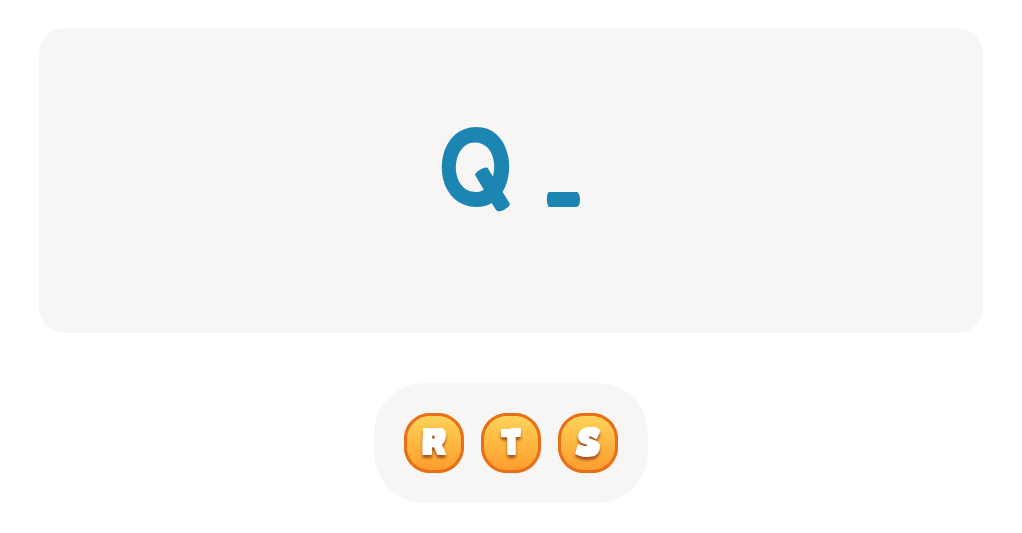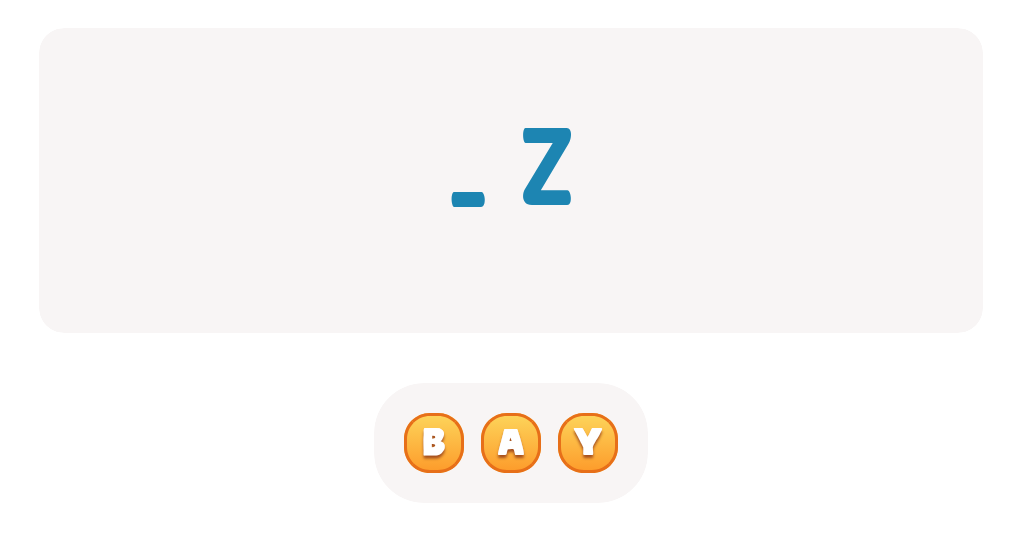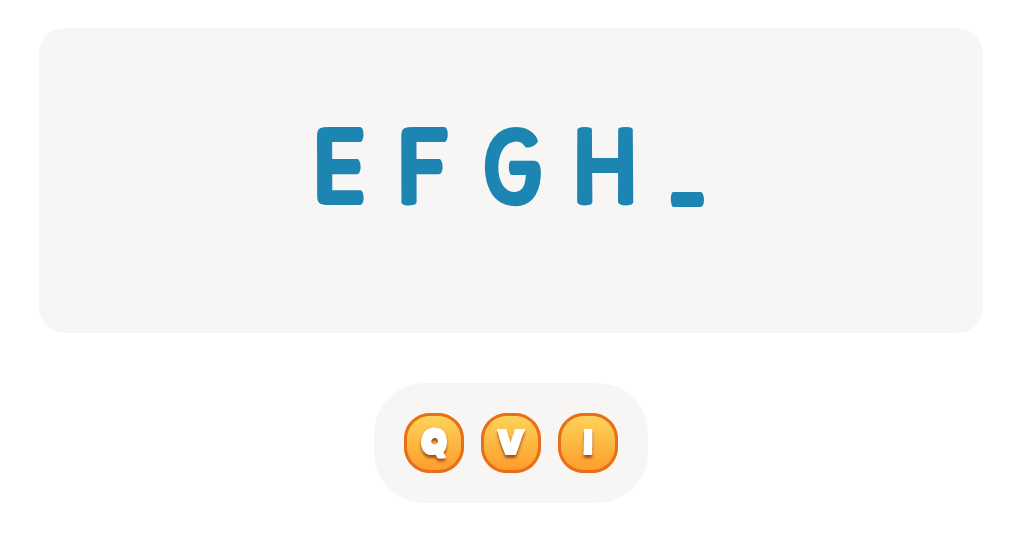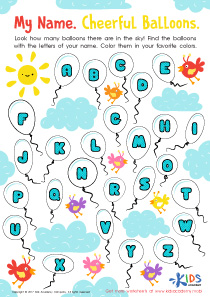Hand-eye Coordination Normal ABC Order Worksheets for 6-Year-Olds
4 filtered results
-
From - To
Enhance your child's hand-eye coordination and alphabet skills with our "Hand-eye Coordination Normal ABC Order Worksheets" tailored specifically for 6-year-olds. These engaging worksheets combine fun activities with educational challenges, helping children practice letter recognition while improving their fine motor skills. With colorful illustrations and interactive tasks, kids will enjoy tracing letters, connecting dots, and sorting alphabets in the correct order. Perfect for home or classroom use, these worksheets foster a love for learning while promoting essential cognitive abilities. Encourage your little learners to advance their coordination and literacy skills with our specially designed ABC order worksheets today!
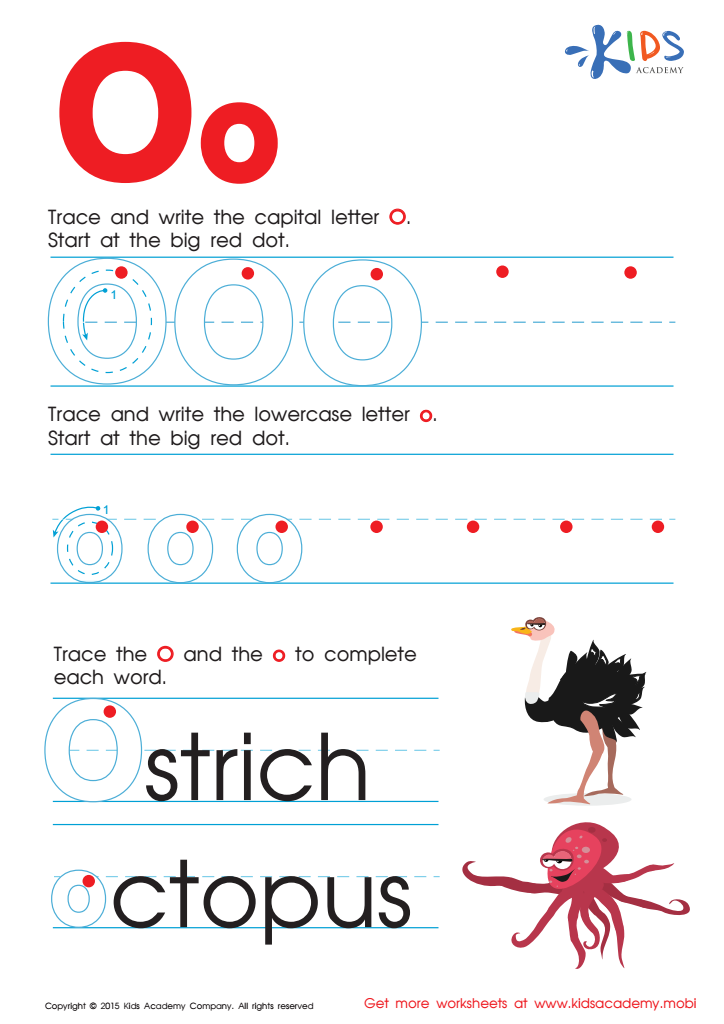

Letter O Tracing Page


Letter P Tracing Page


Letter H Tracing Page
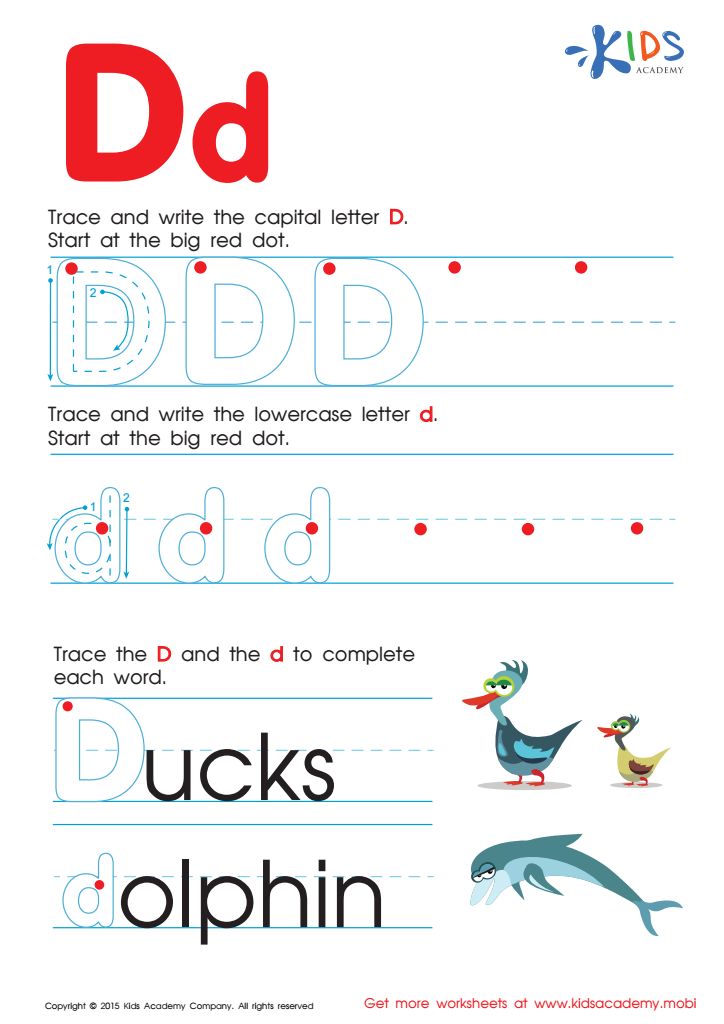

Letter D Tracing Page
Hand-eye coordination is a crucial aspect of physical and cognitive development in 6-year-olds, as it significantly affects their ability to perform everyday tasks and engage in various activities. Parents and teachers should prioritize this skill because it lays the foundation for effective learning and development across multiple domains.
Firstly, hand-eye coordination is essential for academic success, particularly in reading and writing. Children must be able to track words on a page and write letters and numbers with precision. Improved coordination facilitates these activities, helping them develop their literacy and numeracy skills.
Additionally, strong hand-eye coordination plays a vital role in children's physical activities, such as sports and play. Balanced participation in these activities fosters teamwork, socialization, and physical fitness, which are equally important for overall well-being.
Moreover, developing hand-eye coordination promotes self-confidence. When children are successful in tasks that require this skill, they feel a sense of accomplishment, motivating them to take on new challenges.
Ultimately, parents and teachers who support the development of hand-eye coordination in 6-year-olds contribute to their overall growth, enabling them to navigate both academic and personal challenges effectively. Engaging in fun activities that promote this skill can enrich a child's learning experience both at home and in school.

 Assign to My Students
Assign to My Students
